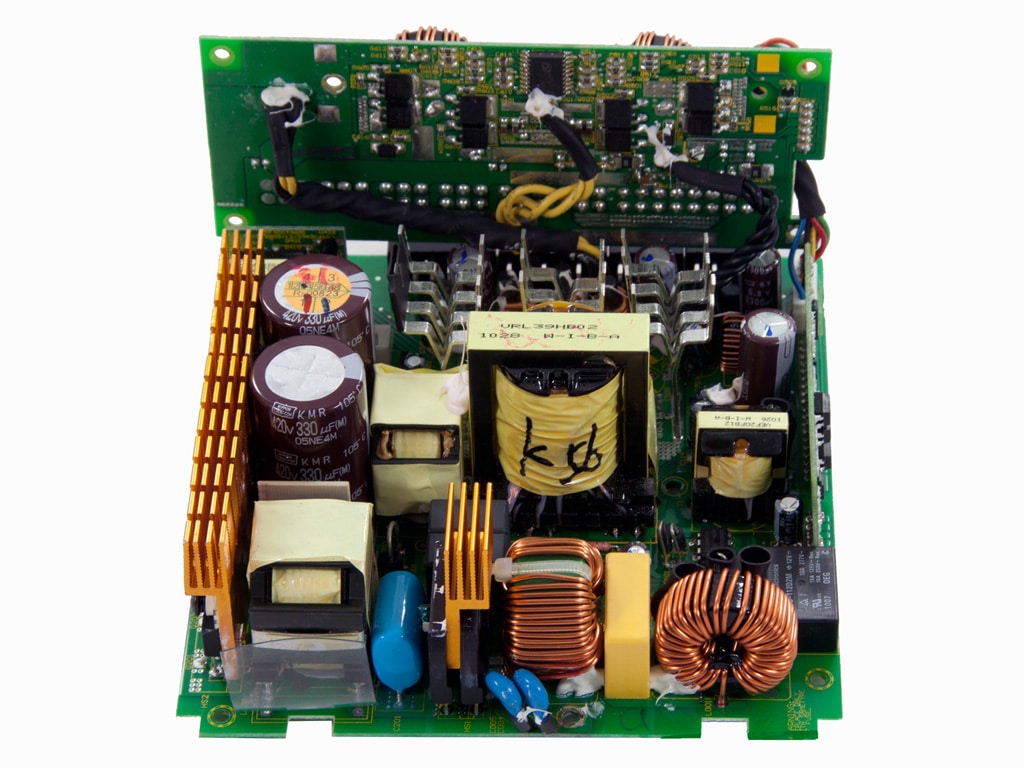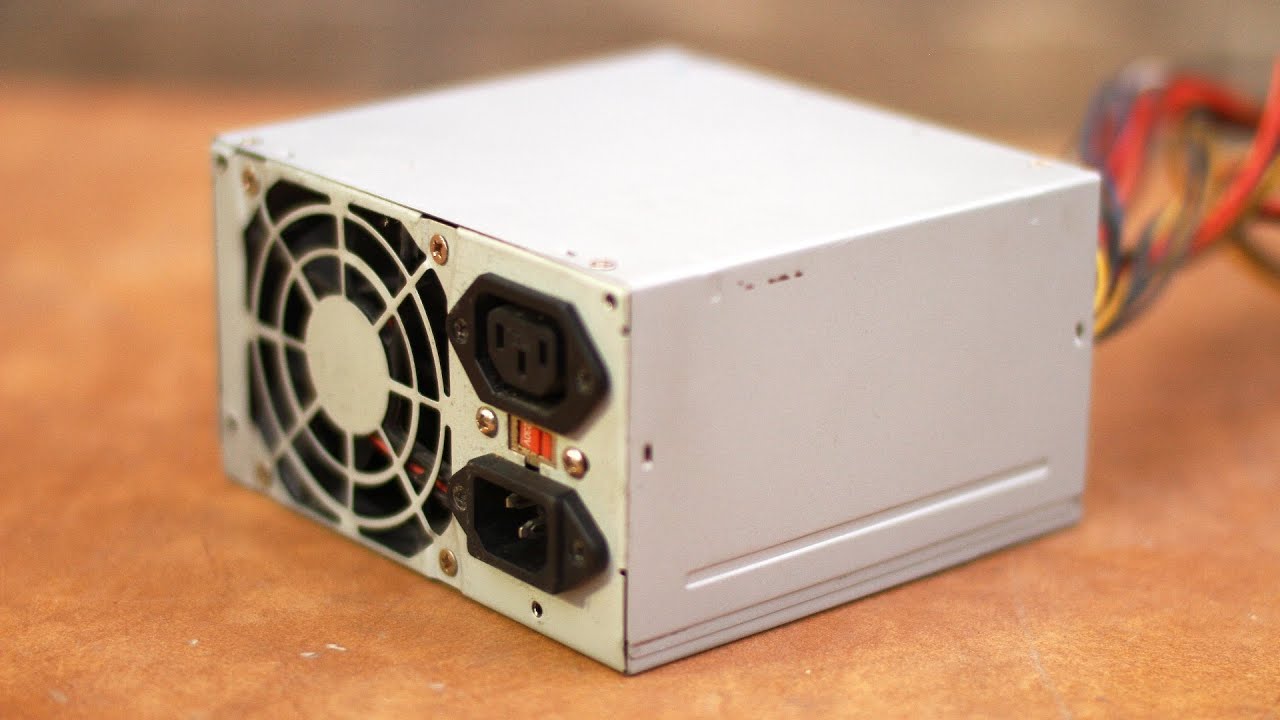As you may know, we have a tech Discord Server. Interesting conversations take place quite often. As you may already suspect, a large proportion are about PSUs. No wonder why, right? But my favorite part is when a (usually newer) member asks for advice on which PSU to choose for his/her System. And this is how it all may start.
I am writing this article to explain some things. The reason and how we suggest or not a PSU depends on your needs. Availability, support (even after sales), and the rest of your hardware are crucial. An iGPU build doesn’t have the same needs as an NVIDIA RTX 4090 build. That’s why we may suggest a far better PSU for a more demanding system (cable length, size, connectors, ATX standard, etc). And that’s why we won’t suggest considering only efficiency standards and wattage.
Price is essential, as well. We don’t cheap out on our PSUs, especially when they are for power beast parts. I mean, come on, you spent 1k on your graphics card and plan to spend 70 USD on your PSU? The heart of your system? Some might think I overreact when referring to PSUs as the heart. But, no. The heart is vital for any living organism and supplies blood. This is what a PSU does, long story short. Just imagine what happens if the heart is not in good shape or stops. Everything is in danger. The same goes for a PSU. Everything is in grave danger if it is not a quality unit or adequate for your needs.
It is not unusual for a bad PSU to “kill” other parts once it breaks. And believe me, it will break easily under stress. And the last thing you want is to kill your expensive graphics card, CPU, storage (for your data), etc. That’s why we don’t recommend cheap units, especially for demanding high-end systems. Cheap units usually don’t have appropriate protection features, etc. Good tune protection features and quality components are not cheap. Another important aspect is wattage. Not all the units can actually deliver their advertised maximum capacity, especially the dirt-cheap ones.
That’s why you may see us suggest a 650w unit over a 750w unit—because the specific 650w unit is better than the 750w option on this occasion. For example, a Corsair RMX 650w is a far better option than a Corsair CV 750w, especially for demanding systems. This is the case with cheap units, in general. Watts, in their case, are “empty watts.” Wattage is not the only thing to consider.

Another important factor is efficiency standards. Although it might be a good indicator for the unit, it means only that. Efficiency. There are more to take into account. That’s why, e.g., not all Cybenetics/80 Plus Gold certified units mean they are of the same quality. Some are advertised as 80 Plus without even being tested (we haven’t seen anything similar for Cybenetics yet. We all know that Cybenetics standard is far more complete). We don’t consider some non-existent standards such as 85/90 Plus, etc. These are only scams.
Branded PSUs are preferable. Well-known manufacturers tend to offer better units. More standards to follow, reputation, RMA, and after-sales are essential. A lesser-known brand might not follow these rules to cut costs, etc. Of course, this is not always the case. We don’t stick by the name. It would be suggested if a unit is known to be good, even if it is a lesser-known player. Well-regarded reviews and prices are critical. There might be decent units, but we don’t have info about it.
In this case, things might be unfair, but we can’t know everything. It is hard to suggest or not these PSUs, but these brands should take care of it. If you have something good to say, you should tell people about it. The Cultists Network site, with its PSU Tier List, does a fantastic job (it still should be updated), and you can read our PSU Best-picks-related articles.
Another thing we come across often is the “same platform” thing. Yes, it is a good sign, but you can’t judge a unit only by this. It just is what it is. You should also note that nowadays, a good practice is to buy a decent higher-wattage unit even if a decent, less-wattage one is adequate. Modern PSUs are efficient even in light loads nowadays, and a System will pull only what it needs depending on the workload. Modern-day hardware beasts are demanding, so it is better to have a higher-wattage unit. Especially considering the prices of lesser-wattage units. I saw 550w units sold more expensive than their 750w ones! Moreover, some units are unsuitable for all categories, such as wattage. Nothing is perfect.
So, how do we suggest a PSU? As I already stated, it depends. It is a combination of all the things I mentioned above: price, hardware, needs, and features. Balance is important, as well. Generally, buying a better PSU than you might need is the best practice. Better safe than sorry.
crmaris notes:
Before investing in a new power supply, read my Best ATX v3.x PSUs article to check all alternative PSU offerings. You help me a lot by using my affiliate links, which don’t increase the product’s price. I get a commission from Amazon every time you do it, which can make a difference for me, especially now that I am on my own, working exclusively for my media and not for someone else.



Excellent article!
I especially like the part about the power supply being the heart of the system. It is similar to what I said 20 years ago. I still have it archived on an old cd. At the time there were a lot of bad power supplies. That prompted me to start a psu lemon list which I still maintain to this day. Luckily the situation has improved quite a bit.
I also agree with the rest of your comments. I wish people would actually read competent psu reviews before making a purchase.
Thank you very much for your kind comment! Yes, the situation is improved. You maintain a PSU lemon list? That’s tough! 🙂
–“…power supply being the heart of the system. It is similar to what I said 20 years ago.”
https://encrypted-tbn0.gstatic.com/images?q=tbn:ANd9GcTbotpLEWoS8Cft7wrvyK6NCO4NiOVVD88-CQ&s
Now, …who was the first… 🙂
Yes, the phrase used by Seasonic inspired me to write a brief paragraph at the top of the original lemon list web page back in 2005. The paragraph explained how a psu is the heart of a pc. Immediately to the left of the paragraph I had an image of a desktop pc that caught fire. Although the paragraph is long gone, I still have the original photo at the top of the lemon list. It’s been there for 19 years.
I remember reports about power supplies exploding or catching fire. It was very rare, but it did happen. The vast majority of complaints were about power supplies that failed and destroyed other components.